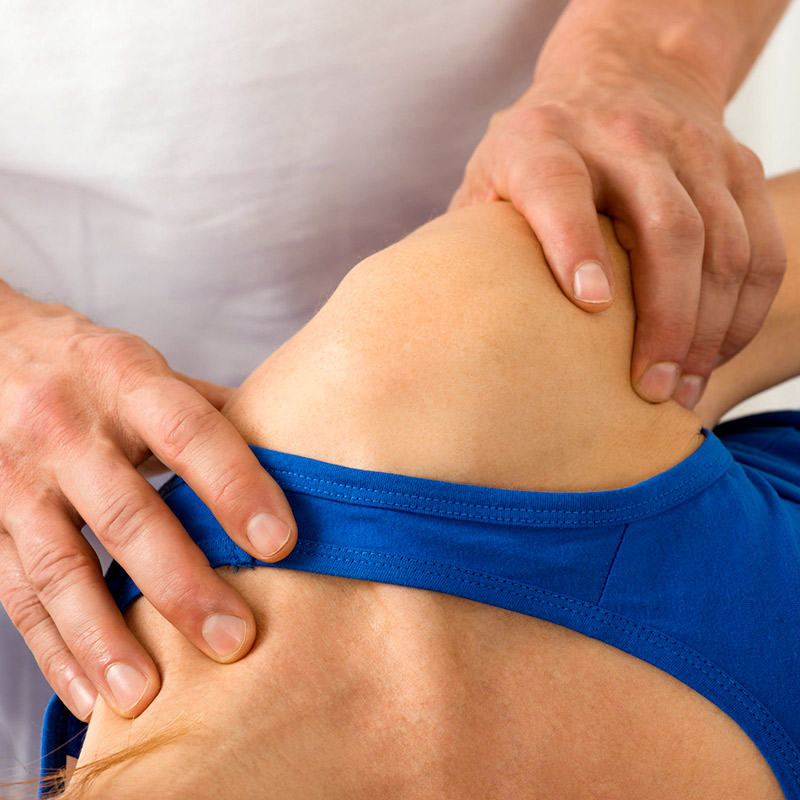
Diagnosis of sports injuries and repetitive strain injuries
Sports Medicine is a multidisciplinary medical specialty that promotes health among the general population, encouraging a physically active lifestyle. It also concerns the diagnosis, treatment, prevention and rehabilitation of injuries and conditions resulting from participation in physical activities, physical exercise programmes and sports at all levels, or secondary ones from lack of physical activity.
Sports Medicine is a multidisciplinary medical specialty that promotes health among the general population, encouraging a physically active lifestyle. It also concerns the diagnosis, treatment, prevention and rehabilitation of injuries and conditions resulting from participation in physical activities, physical exercise programmes and sports at all levels, or secondary ones from lack of physical activity.
Muscle contractures merit special attention, as they occur in 90% of the population and are simply a sustained, involuntary contraction of certain muscles that have lost elasticity and do not work properly. This is why it is important for us to educate patients to carry out self-treatment and reverse the process.
- Details

Fitness assessment and sports advice based on physical capabilities
Sports Medicine supervises the selection process and medical examination with aptitude tests before practising physical activities and competition sport, to detect any alteration that could cause problems when carrying out certain types of exercise.
Physical capabilities or qualities are the various components of fitness, divided into motor skills, coordination and flexibility. These all need to be well balanced and constantly assessed so that we can provide regular advice to the patient and they can achieve the appropriate fitness for each challenge.
Specific goals are defined with the patient for a season or training period, and guidelines are drawn up to achieve them. Our work is based on devising personalised training, so it is important for the patient to gradually get to know their own body, and this is a major educational task.
- Details

Promoting health through physical activity and preventing chronic conditions
The basis of sports medicine is to be able to guide everyone (from sportspeople to inactive people) to exercise in a healthy manner. The health benefits depend on the type of activity being performed. Some of the benefits are immediate and others only come from regular practice.
Exercise plays a key role in quality of life. As well as improving pulmonary circulation, toning the muscles, helping you to sleep better and improving your mood, regular physical activity has a huge impact on preventing chronic conditions.
The use of physical activity to promote health involves prescribing physical exercise on a personalised basis, to treat a specific condition (e.g. a patient with arterial hypertension can usually reduce their medication by carrying out 35 minutes of aerobic exercise five days a week).
- Details


